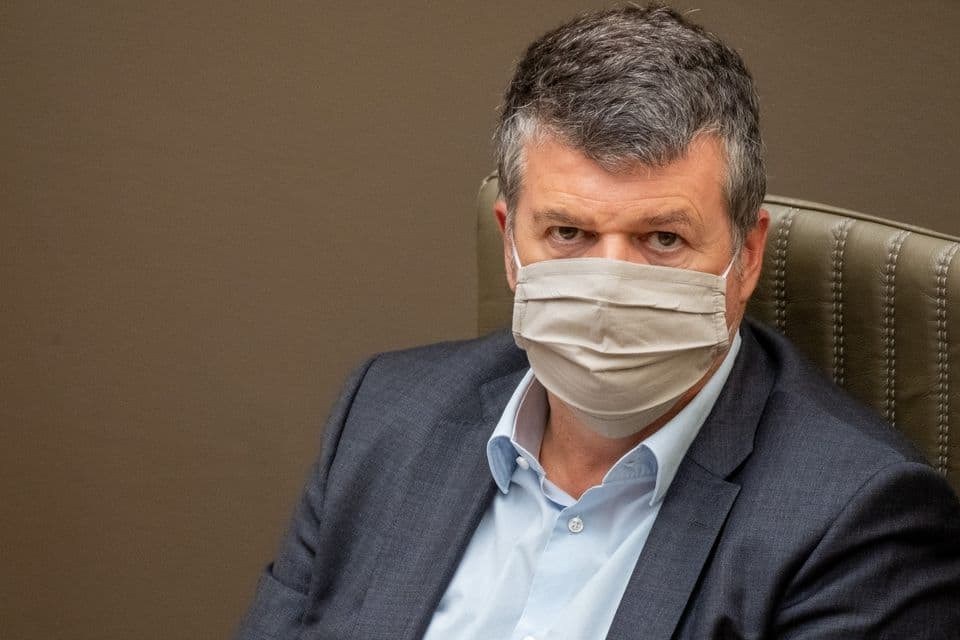Around 50 to 100 local religious communities in Flanders have applied for recognition by the Flemish government, minister Bart Somers said today.
Somers, minister for social affairs, was a guest on the weekly VRT politics programme De zevende dag, to discuss the bill he presented this week to re-open applications for recognition.
The procedure was suspended in 2017 by Liesbeth Homans, who was then Flemish minister for home affairs, and who complained that the applications coming in rarely included sufficient information to allow a decision to be made.
Belgium recognises six religions: Catholicism, Protestantism, Anglicanism, Judaism, Islam and Orthodoxy. Recognition means the religion is eligible for government subsidy, which Buddhism, for example, is not.
The recognition of local religious communities within those six faiths is the responsibility of the regional government. In total, the region has 1,713 recognised communities – churches, mosques, synagogues and so on – of which 1,603 are Roman Catholic churches, including five cathedrals.
“In recent years, no religious communities were being recognised in Flanders, and case files were no longer being processed,” Somers said earlier this week.
“Local faith communities no longer knew where they stood. With the new recognition framework, we will provide legal certainty and clarify what we expect from the local faith communities.”
Under Somers’ new proposal, the procedure for recognition will be opened up again, with several new conditions. Among them, a ban on foreign financing, or interference in the work of the community by foreign powers, as well as a probation period of four years.
“Local faith communities are a vital ally in the fight against segregation,” he said. “It is important that they are independent of foreign funding or state interference.”
Asked today about concerns at the possible rise of new radical mosques, Somers said the new rules would protect against such a thing.
“Whether we like it or not, Islam is a reality in Flanders. We have to live with that. The more we do, the less chance we give to extremism.”
Between 50 and 100 requests from local communities are currently in his department’s in-tray, he said, dating back to the Homans moratorium in 2017. The list includes mosques as well as other religious communities, including Orthodox.
Alan Hope
The Brussels Times

